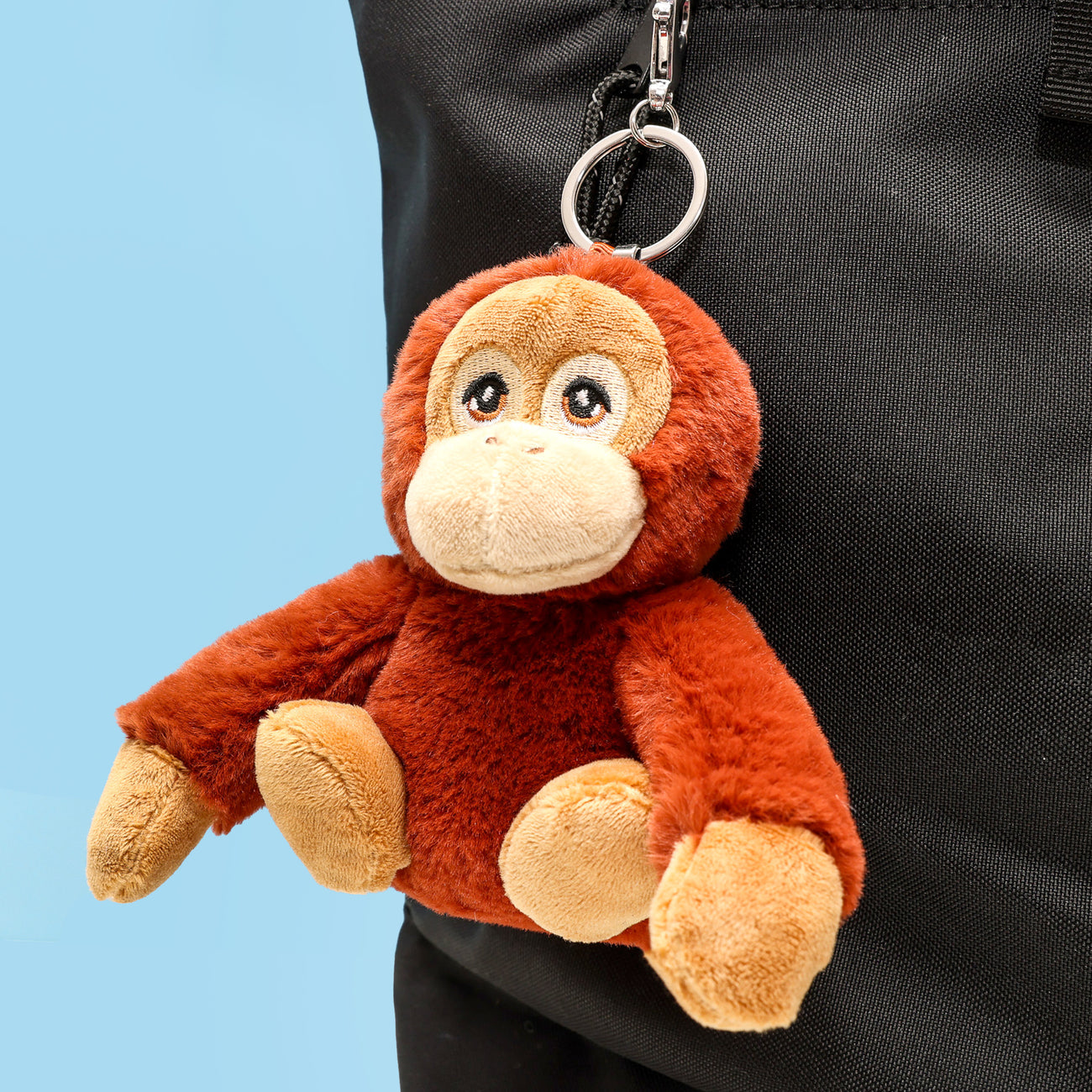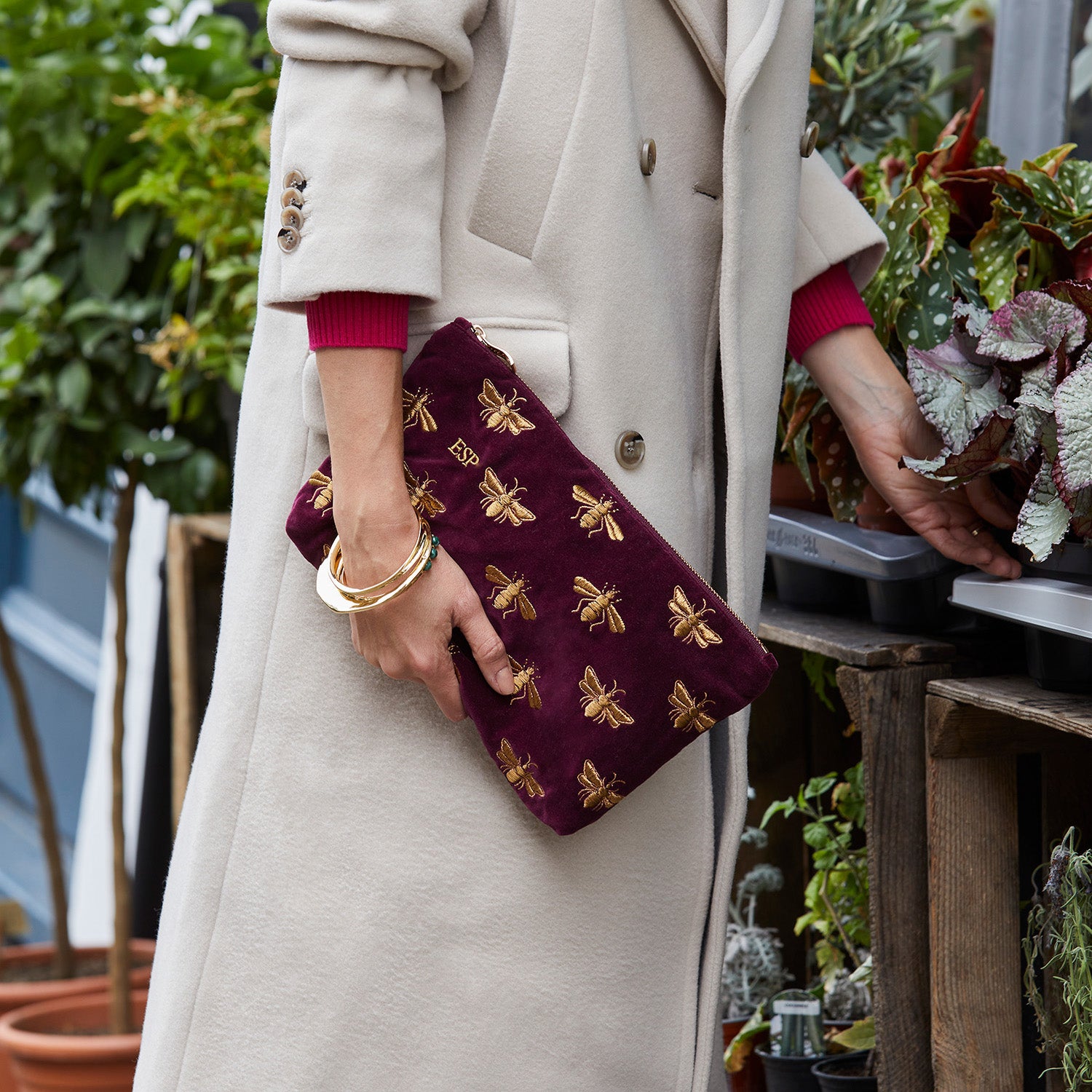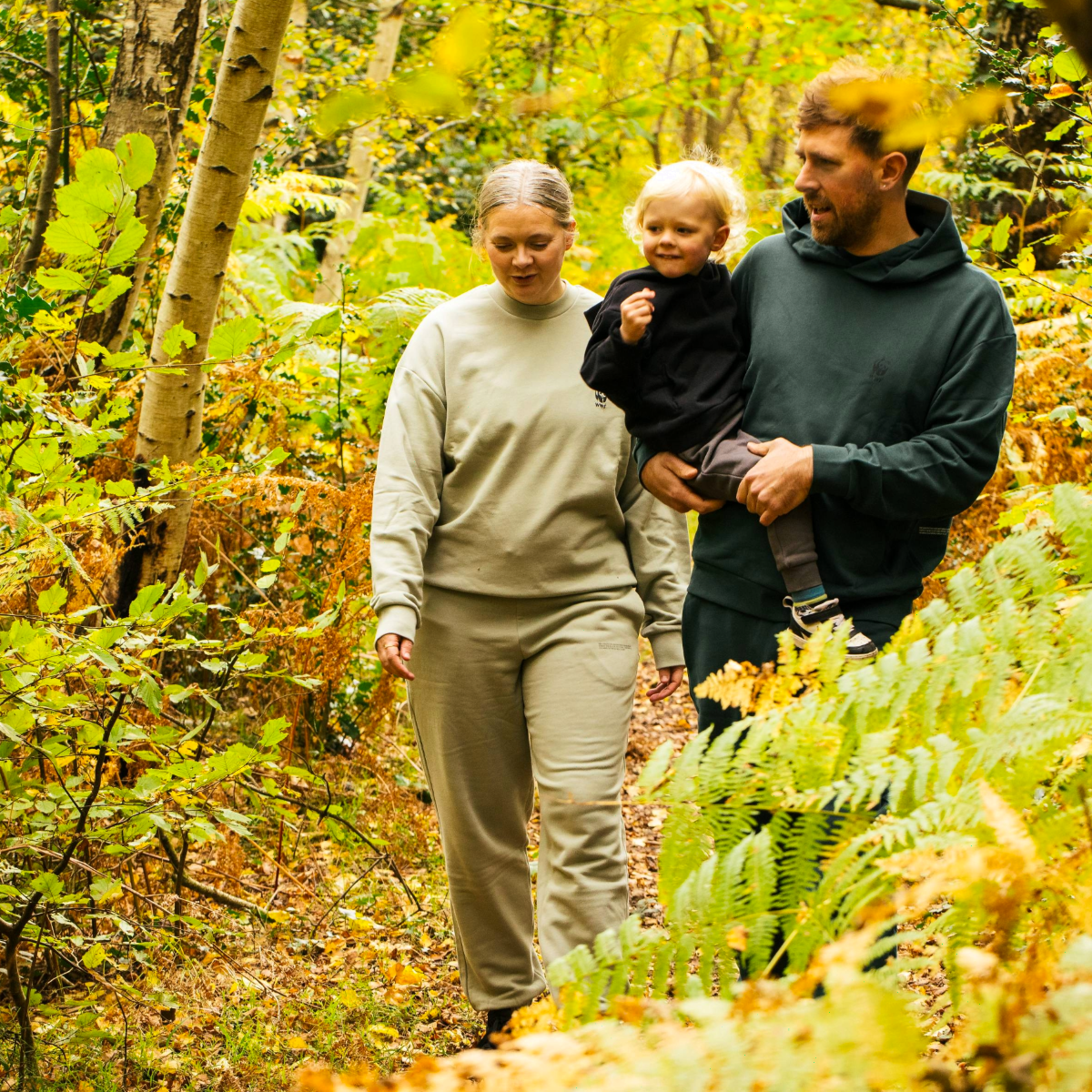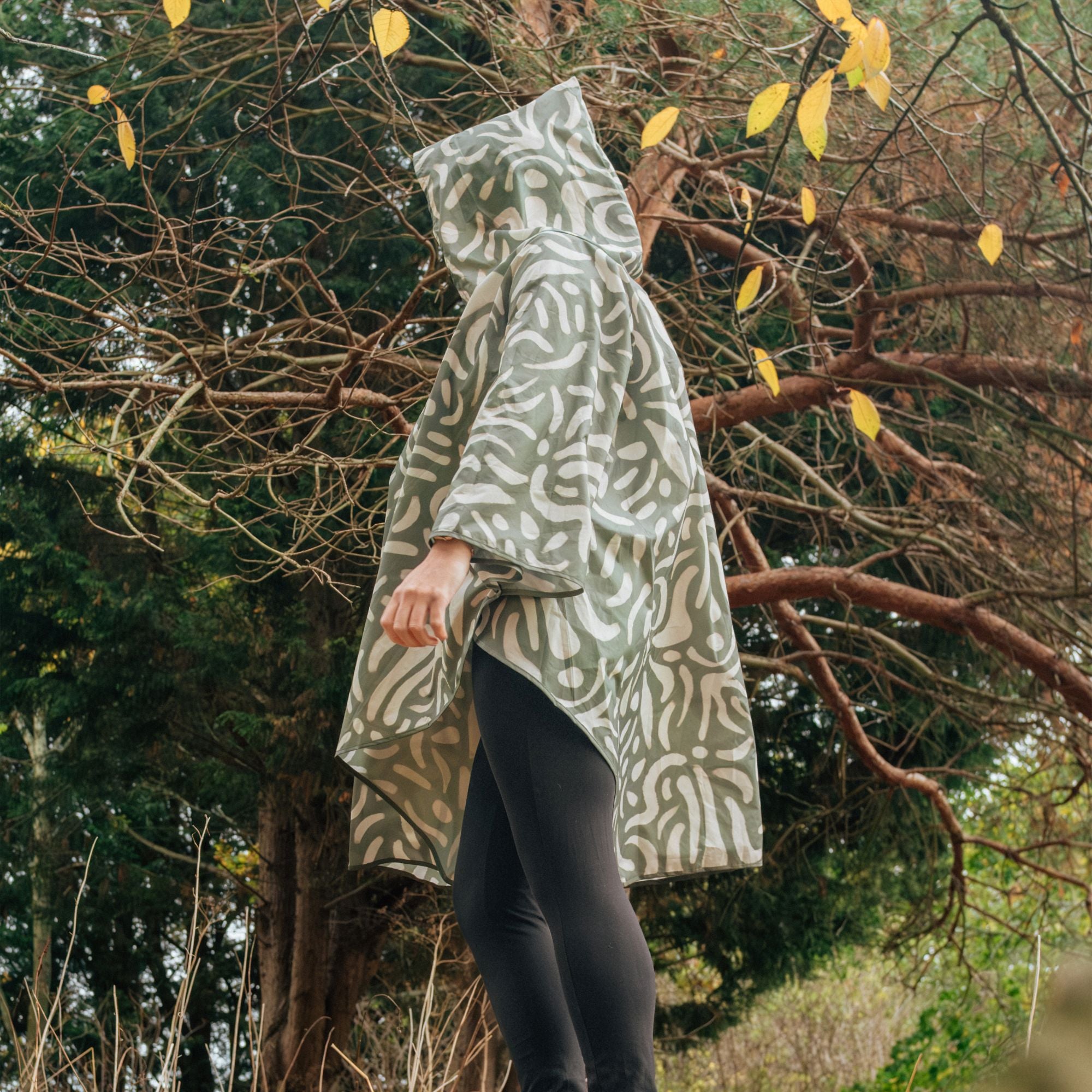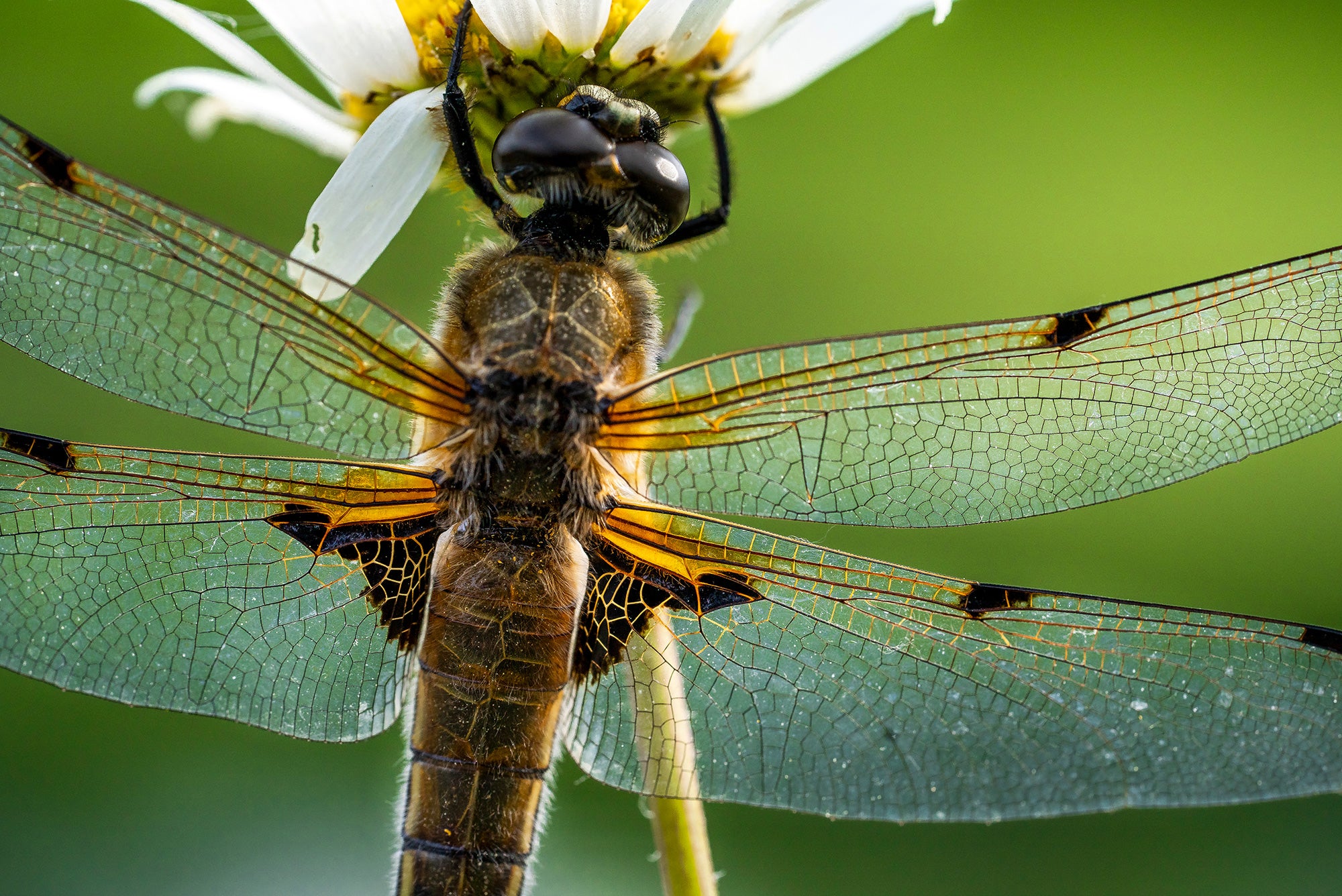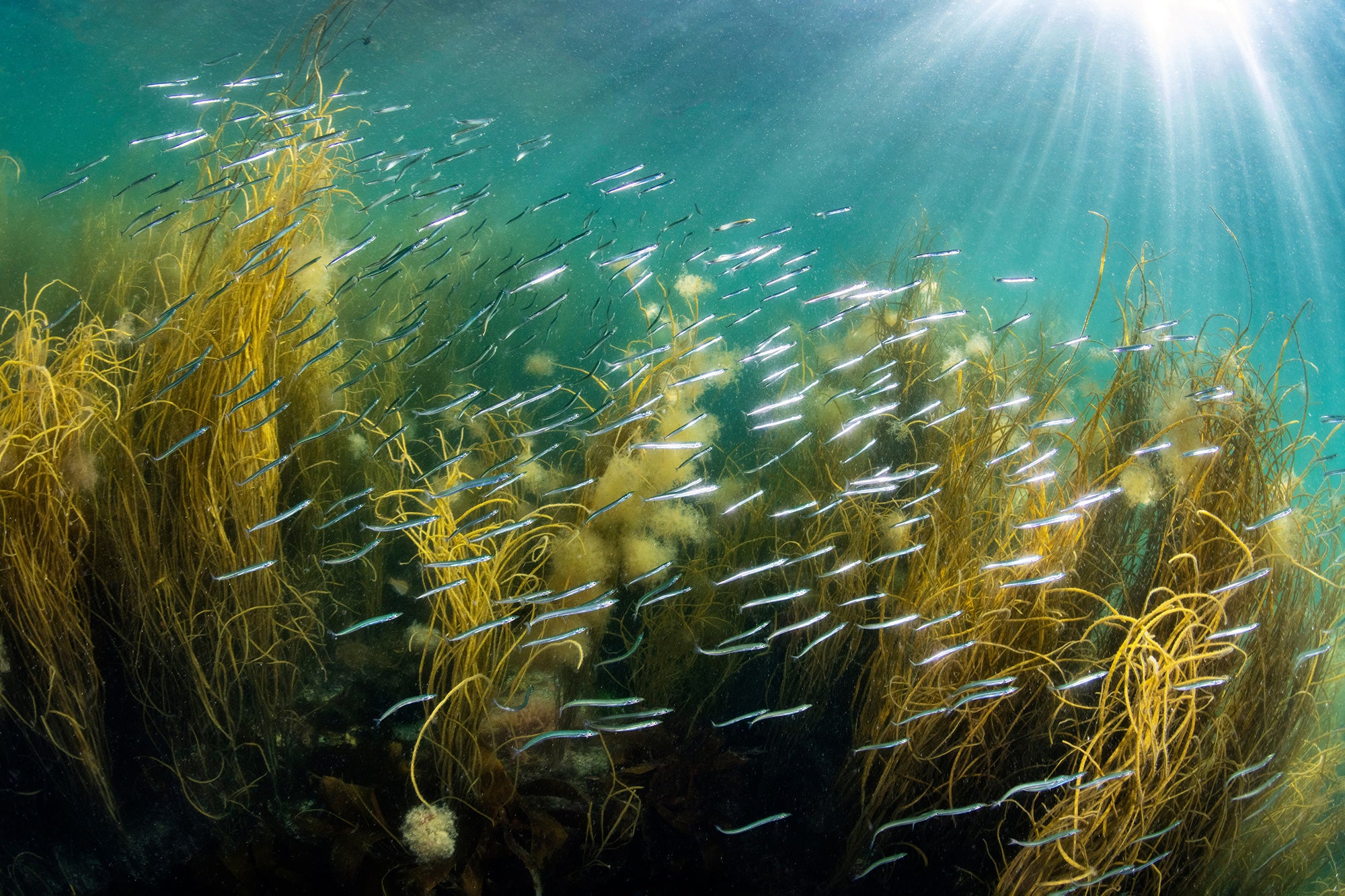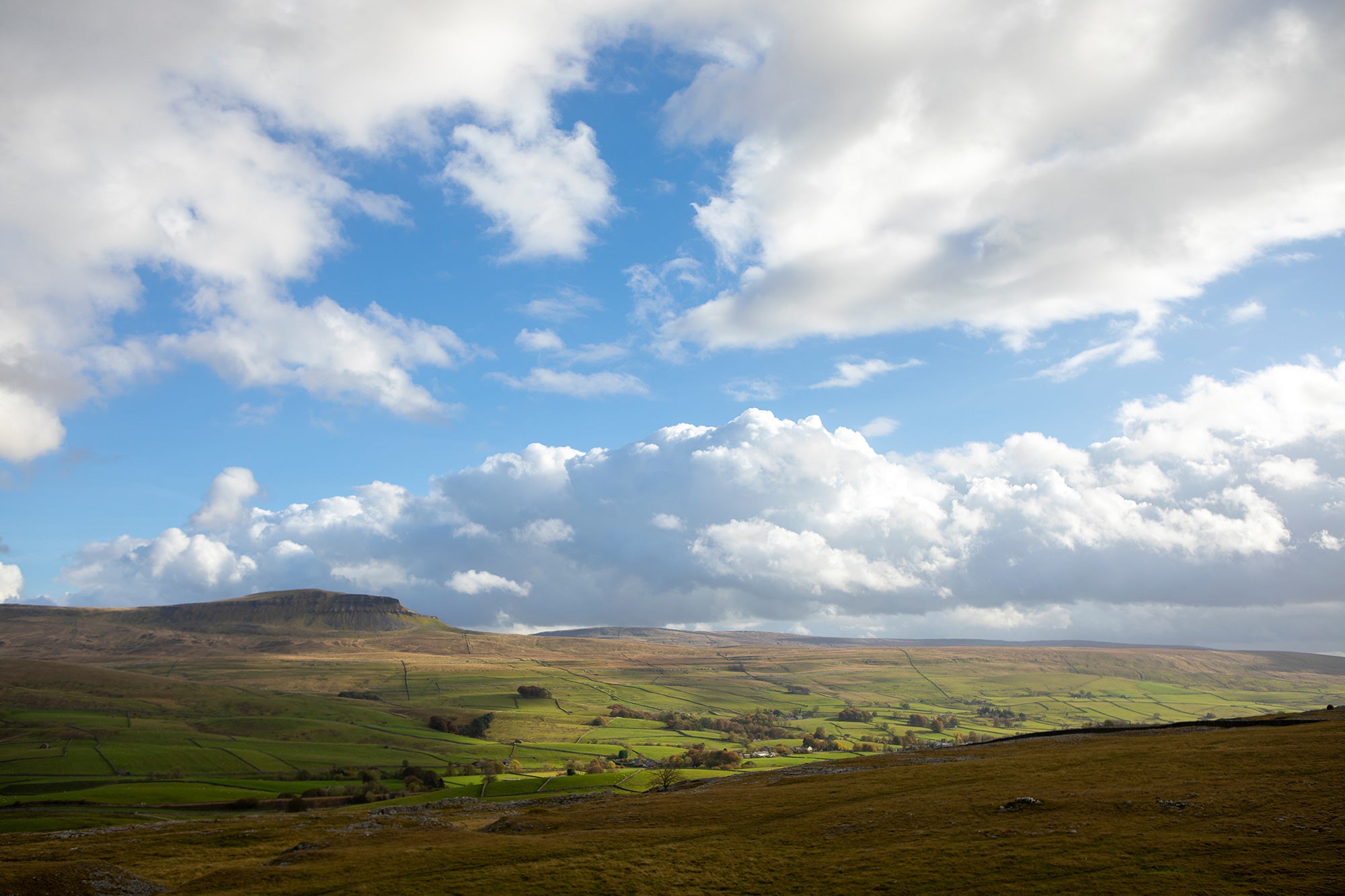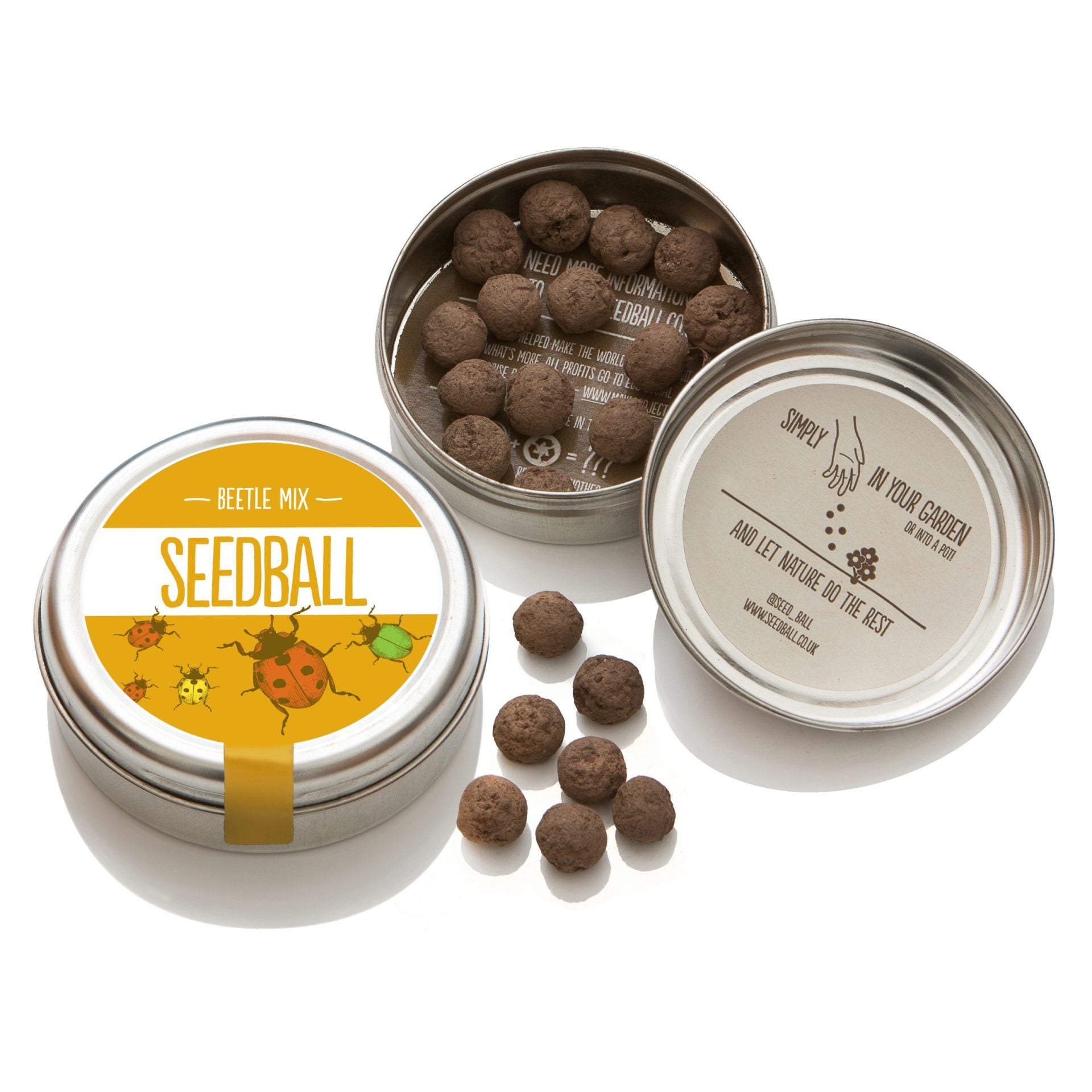

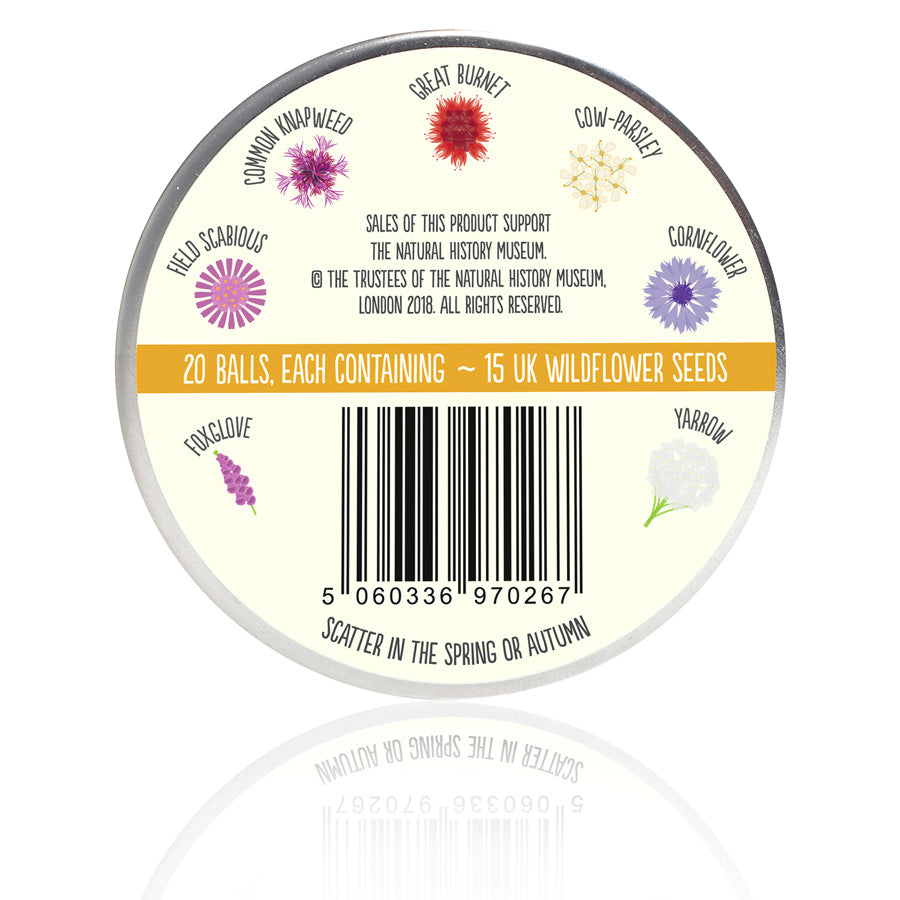
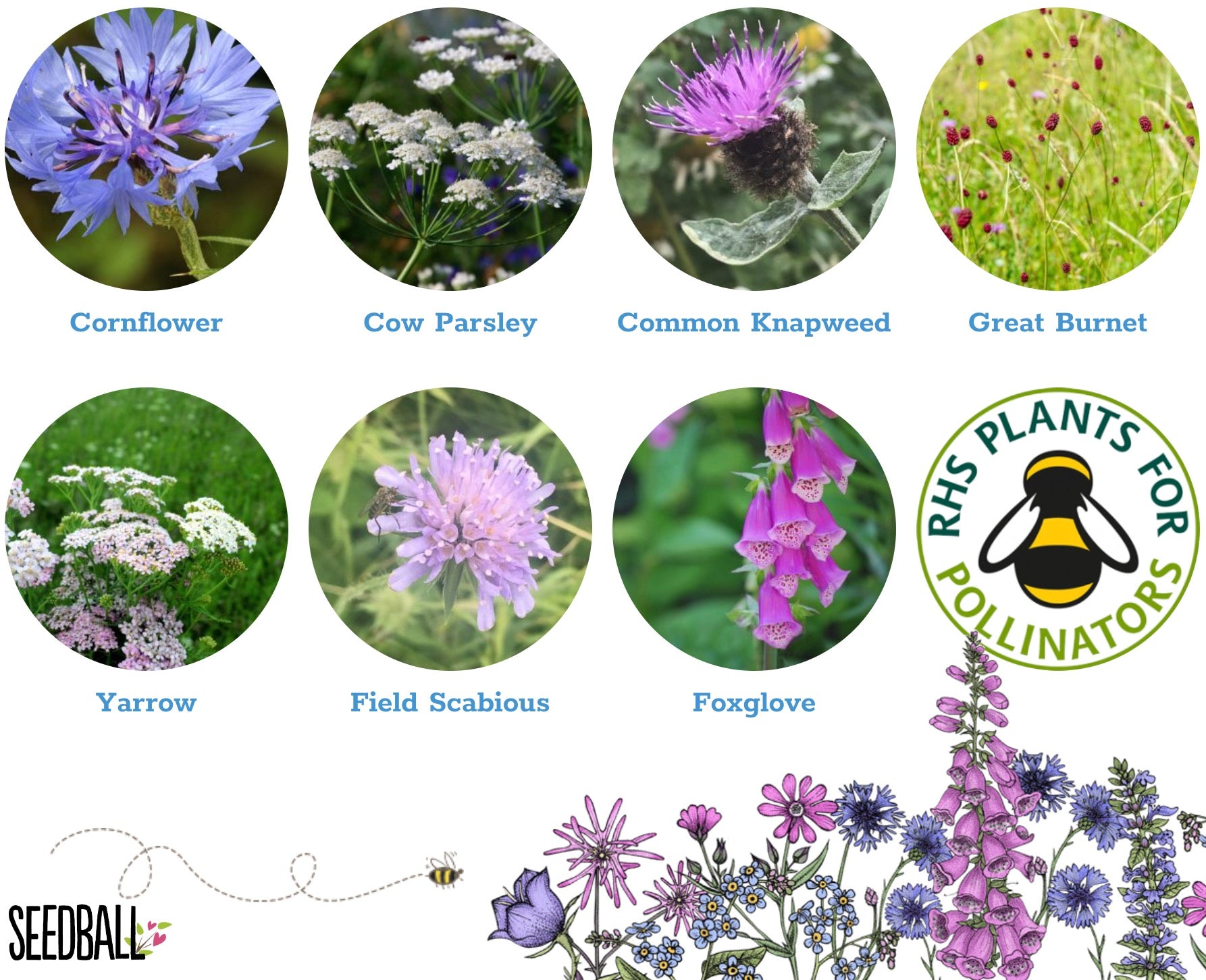
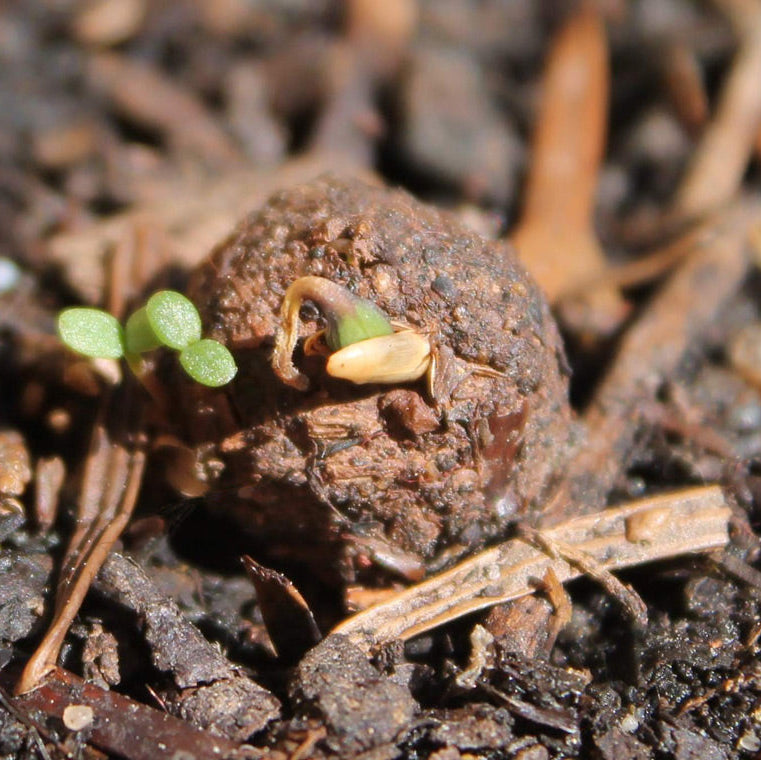
Seedball Wildflower Beetle Mix Tin
Supporting wildlife is easy with these pollinator-friendly seedballs
The ideal mix to attract ladybirds and pollinating beetles – who are super important to our garden ecosystems. Did you know that many beetles are important pollinators who pollinated the first flowers 140 million years ago at the time of dinosaurs?
About a quarter of the UK’s beetles are pollinators, feeding on nectar and then transporting pollen on their legs. They love open faced flowers and those with multiple flower heads – making our mix of flowers perfect for beetles.
Each Beetle Mix tin has 20 seed balls and each ball contains approximately 30 seeds per ball from a mix of Common Knapweed, Cornflower, Cow Parsley, Field Scabious, Foxglove, Great Burnet and Yarrow. These make for lovely gardening gifts, bee and butterfly gifts and eco-friendly gifts.

Please note: this product is not a toy and must be used with adult supervision.
These seeds are not able to be exported outside the UK.

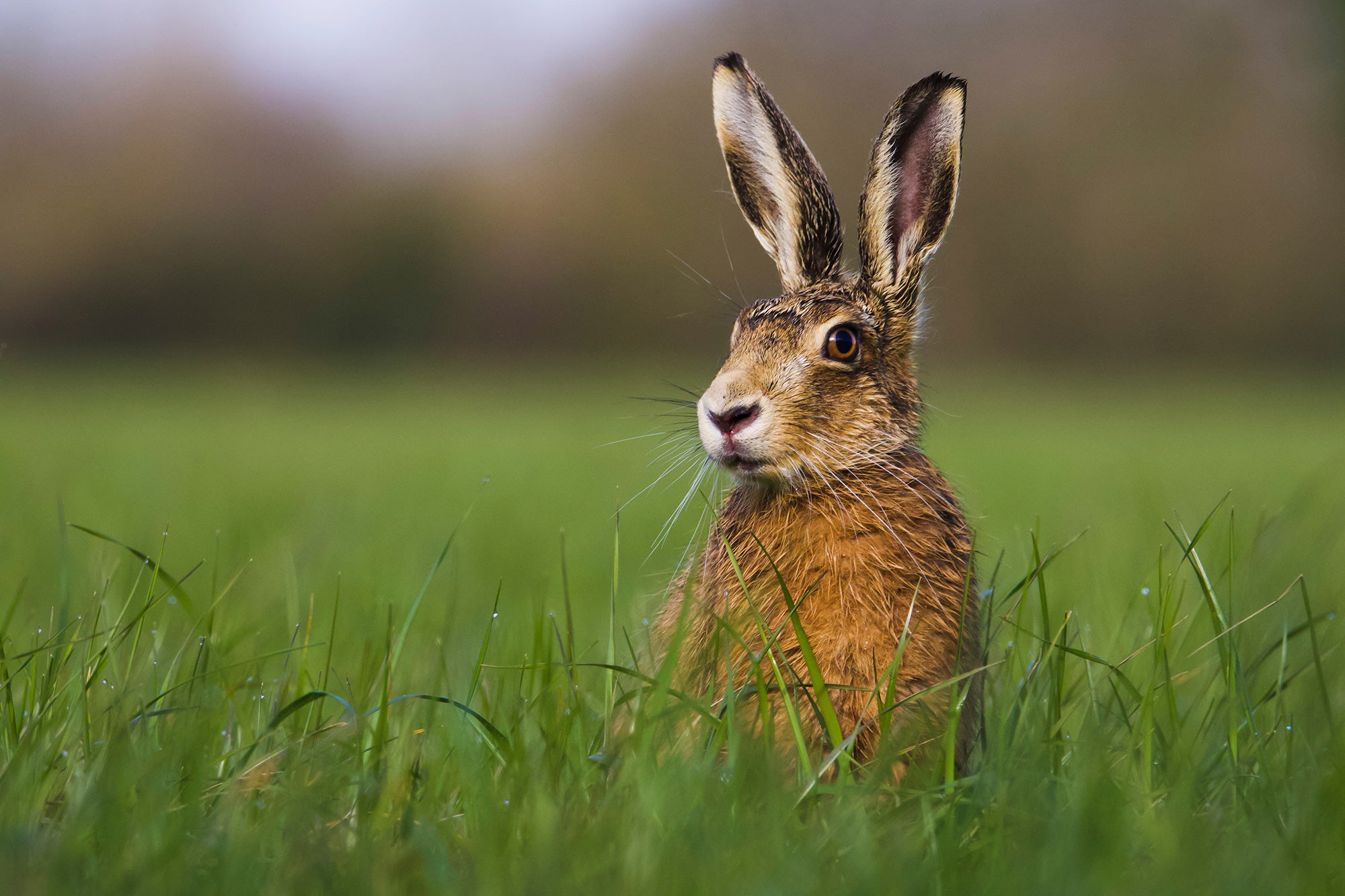
HELPING THE UK
The UK is currently one of the most nature-depleted countries on the planet. When you shop with WWF, you’re joining a national movement to nurture and replenish the UK’s land, rivers, seascapes and wildlife.
PROTECTING UK WILDLIFE
From puffins to bluebells, bumblebees to mountain hares, UK wildlife is feeling the heat from climate change and struggling to adapt. Our 2024 manifesto highlights that a quarter of UK mammals, including red squirrels, hedgehogs and wildcats, are now at risk of extinction. Together, we can ensure that we support our climate, nature and food security whenever we use our land and seas. By applying pressure on government and decision makers, we believe we can rewire our economy to be nature and climate-positive, by changing how we heat our homes, our travel and the way we grow and buy our food.
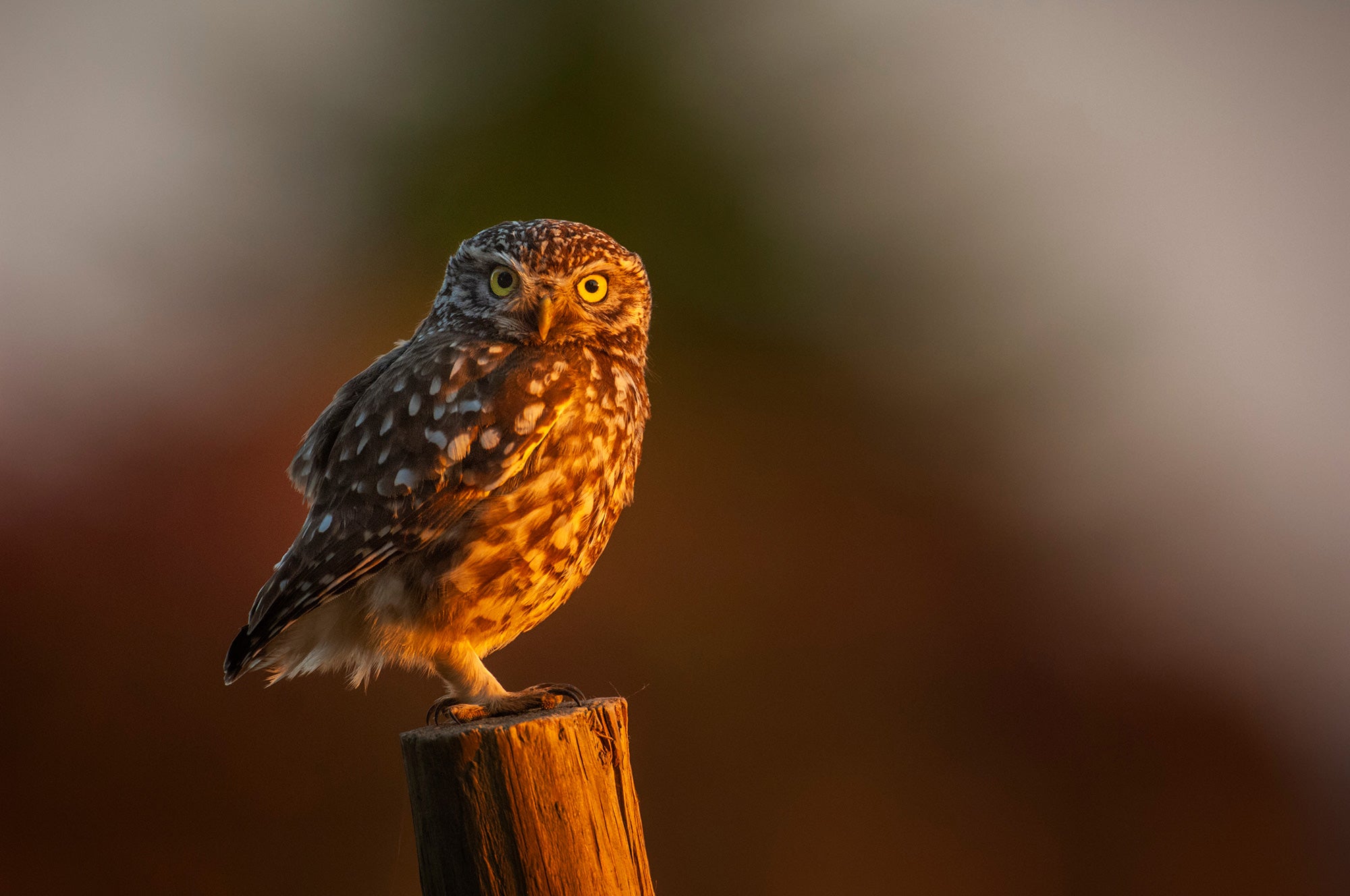
Wild Ingleborough
WWF is working on a visionary landscape-scale restoration project known as Wild Ingleborough, hoping to return an iconic area in the Yorkshire Dales to its former glory. So far, an incredible 65,000 trees have been planted, building a better future for the UK’s uplands and species that live there.


